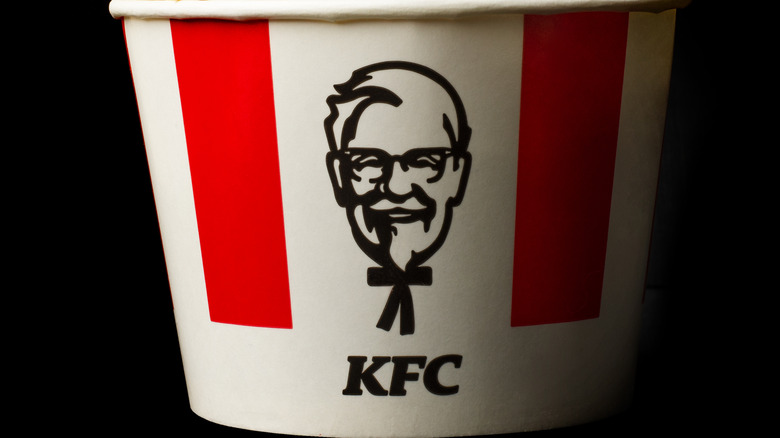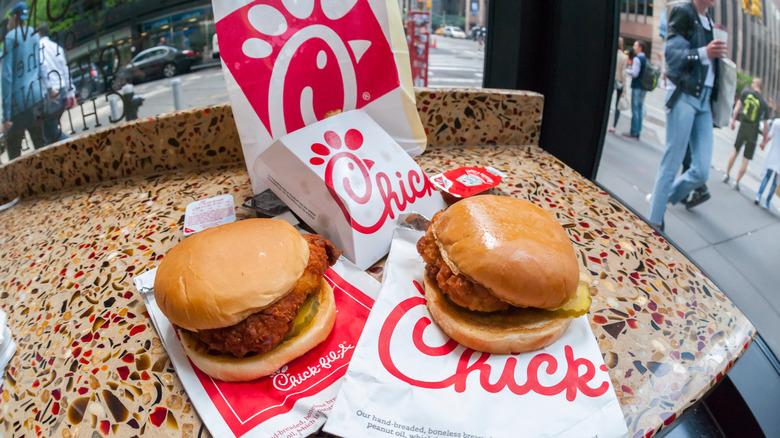Americans Can't Believe KFC Australia Makes People Pay For This
Americans were shocked when Kaymie Wuerfel, a Floridian expat in Australia who chronicles their travails and travels in their new life on TikTok, shared in one video the fact that KFC Australia charges 30 cents for sauce packets. "If someone told me to pay for BBQ sauce I'd have laughed and walked away," 97.3 FM quotes one commenter saying.
However, the free-flowing of sauce is not a universal experience outside the United States. Rather, the quantity and pricing of sauce sachets run along a fault line that exposes both how entrenched the idea that sauce should be a free commodity and how impractical that idea really is.
In 2015, for example, Slate ran an investigation into the trend of chains charging for sauces. They discovered that many brands had learned to be more frugal due to the Great Recession of 2008, yet still referred to them as "stingy." "You need to have all your condiments out front, that's the American way," Tom Nealon, a self-styled condiment historian, ranted to Slate.
Similarly, Taco Bell's Plan to sustainably navigate its future was to create a whole system to recycle sauce sachets, presumably because the idea of allowing customers to dispense sauces with the big levers out front would be too costly and the idea of refusing to allow customers to have the sauces would go against "the American way." There is almost something fundamental about the way these sauce packets have lodged into the minds of the customer base.
The apogee of free, unlimited sauce packets
The very best example about how deeply America cares about their sauce is in the recent Chick-fil-A sauce shortage. Last week, Chick-fil-A announced that due to industry-wide shortages, it would start limiting the number of sauces it gives to customers.
The responses occupied an area of hyperbole that makes it difficult to tell whether irony is utterly missing or has suffused them to the extent that detecting it would prove impossible. Business Insider and Entrepreneur highlighted reactions that said that neither last year's toilet paper shortage nor the gas shortage due to the contemporaneous ransomware attack had affected them as much.
The seriousness of these cries can be put aside to appreciate the fact that the temporary rationing of sauce packets could conceivably provoke outcry at all. The idea that Chick-fil-A's sauce would cease to be free-flowing is so novel as to warrant comment. An Australian used to paying per packet may not notice, but such limitations in the United States hamper the boundless dreams that define the culture.

